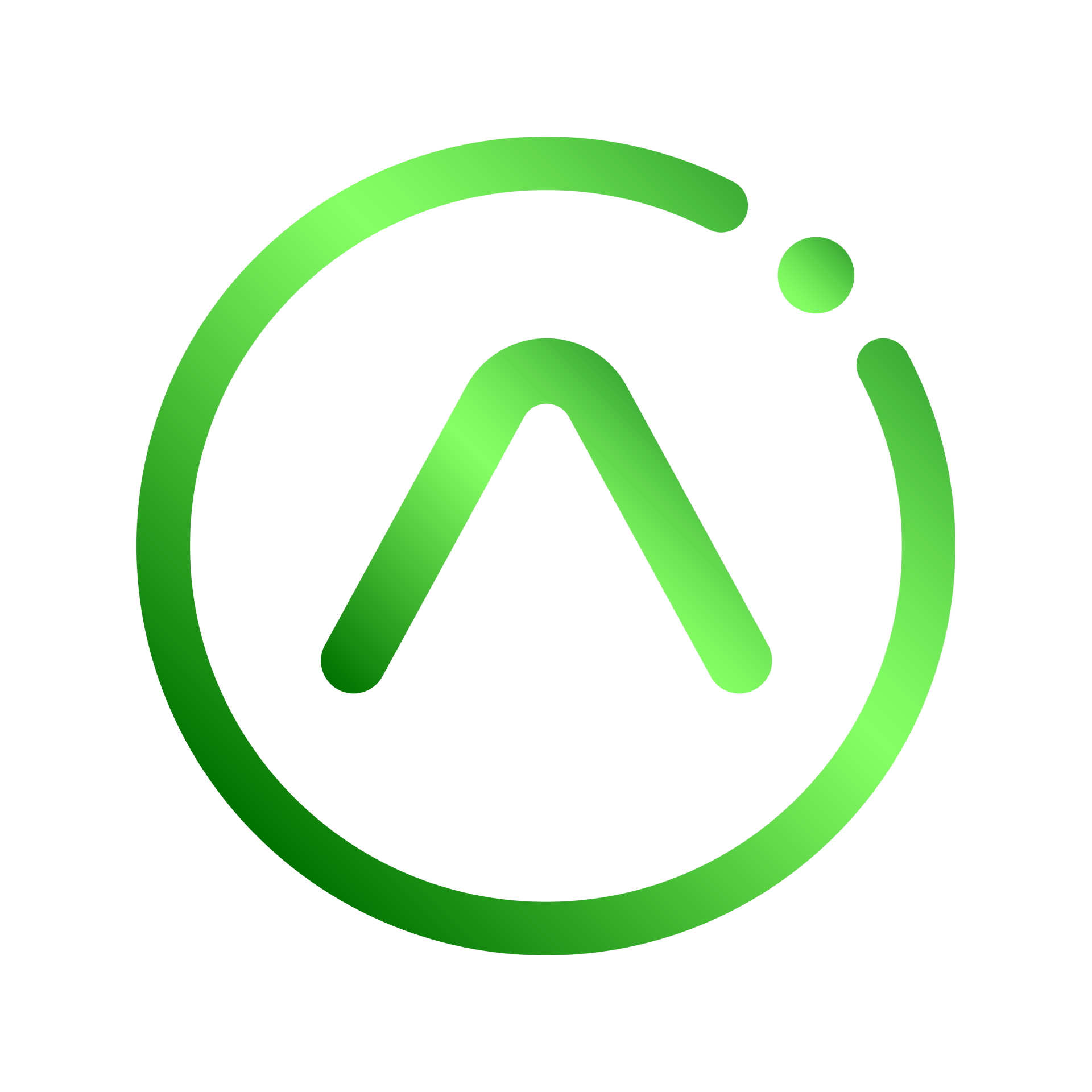Micro-Credentials
Basic of Python Programming
Unlock the World of Programming with Hands-On Experience and Problem-Solving Skills
Apply Now
NQF Level:
5
Credits:
15
Minimum Duration:
6 Weeks (Part-Time)
Faculty:
Public Admin, Governance and Sustainability
Department:
Micro-Credentials & Short Learning Programmes
Accreditation Authority:
AIFT Senate
Master Programming and Problem-Solving Skills to Build Impactful Software Solutions
This dynamic micro-credential programme is meticulously crafted to provide participants with a solid foundation in programming, blending essential theory with hands-on experience to develop their technical expertise. With a focus on real-world problem-solving, this programme empowers participants to master the art of writing, debugging, and developing software solutions using a high-level programming language like Python. Through engaging, practical applications, participants will hone their problem-solving skills and gain the confidence to create efficient algorithms and build applications that tackle everyday challenges. By the end of the programme, participants will be equipped with the knowledge and experience to confidently design, develop, and deploy functional applications in the ever-evolving world of technology.
Why Choose This Qualification?
Develop a clear understanding of programming fundamentals, algorithms, and problem-solving techniques. Gain hands-on experience writing and debugging code, allowing you to build functional applications. Learn how to apply control structures, functions, and data structures in real-world programming tasks. Build confidence in your ability to tackle programming challenges and create solutions that solve practical problems.
Admission Requirements.
Not explicitly mentioned in the document
Qualification Structure.
Week 1: Introduction to Programming Concepts - Grasp the basics of programming, including variables, data types, and basic operators. Week 2: Writing and Debugging Basic Programmes - Learn to write simple Python programmes and debug common programming errors. Week 3: Problem-Solving and Algorithm Design - Apply problem-solving techniques to develop step-by-step algorithms for solving specific tasks. Week 4: Control Structures and Functions - Understand and apply loops, conditionals, and functions to create more dynamic and efficient programmes. Week 5: Developing and Testing Applications - Develop and test simple applications to solve real-world problems using the programming skills acquired. Week 6: Assessment and Certification - Final Project Submission, Feedback, and Certification.
Learning Outcomes.
Gain a solid understanding of key programming concepts, including variables, data types, operators, and control flow, forming the foundation for future programming skills. Learn to write simple, effective programmes using Python (or a similar high-level language) and develop debugging skills to identify and fix errors. Master the process of breaking down problems and creating step-by-step algorithms that solve specific tasks in a logical and efficient manner. Understand and apply the core building blocks of programming, such as loops, conditionals, functions, and data structures (e.g., lists, dictionaries), to create more complex programmes. Gain hands-on experience in developing and testing simple applications that can address real-world challenges, reinforcing practical programming skills.
International Comparability.
Not explicitly mentioned in the document
Qualification Modes of Delivery and Support.
Blended Learning: Combines online modules with in-person practical sessions. Distance Learning: Fully online with asynchronous support. Face-to-face Workshop sessions for personalised mentorship and peer interaction.
Career Opportunities.
In-Demand Programming Skills, Career Opportunities, Solid Foundation for Further Learning.
Articulation Options.
Not explicitly mentioned in the document
Ensure Compliance, Empower Financial Accuracy.
Empower Financial Accuracy




